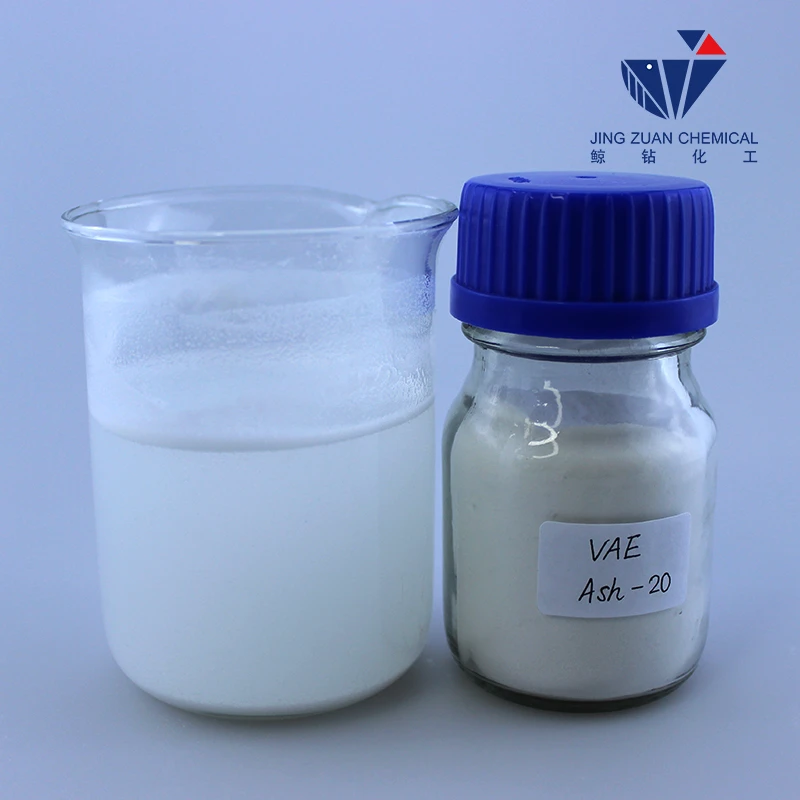
Oct . 12, 2024 15:41 Back to list
hydroxypropyl methylcellulose uses
Understanding the Uses of Hydroxypropyl Methylcellulose
Hydroxypropyl Methylcellulose (HPMC) is a versatile, water-soluble polymer derived from cellulose. It is an important additive widely used in various industries due to its unique properties that enhance the functionality of different products. This article delves into the uses of HPMC, highlighting its significance in sectors such as construction, food, pharmaceuticals, and cosmetics.
1. Construction Industry
HPMC plays a crucial role in the construction industry, particularly in cement-based materials like mortars and tile adhesives. It functions as a thickening agent, improving the consistency and workability of the mixture. One of its primary benefits is that it helps to retain water in dry mixes, which prolongs the setting time and allows for better adhesion to surfaces. This water-retention property ensures that the mortars remain workable for extended periods, facilitating easier application and effective bonding. Additionally, HPMC contributes to improved mechanical strength and flexibility in the final product, making it essential for high-quality construction materials.
2. Food Industry
In the food sector, HPMC serves as a stabilizer, thickener, emulsifier, and gelling agent. Its ability to form a gel-like structure at low concentrations makes it a popular choice in food formulations. HPMC is commonly used in products such as sauces, dressings, and frozen foods to enhance texture and prevent separation of ingredients. Moreover, it acts as a fat replacer, allowing for the creation of low-fat products without compromising on mouthfeel. The polymer is also utilized in vegetarian and vegan formulations as an alternative to gelatin, providing a plant-based thickening agent for a variety of culinary applications.
3. Pharmaceuticals
hydroxypropyl methylcellulose uses

HPMC is widely recognized in the pharmaceutical industry for its use as an excipient in drug formulations. Its ability to control the release of active ingredients makes it invaluable for creating sustained-release medications. HPMC can form a gel in aqueous environments, which slows down the diffusion of drug particles, allowing for a gradual release into the bloodstream. This property is particularly advantageous in the formulation of tablets and capsules, where consistent dosages and prolonged effects are desired. Furthermore, HPMC is also utilized in pharmaceutical coatings, providing a protective barrier that enhances the stability and efficacy of various formulations.
4. Cosmetic and Personal Care Products
In the realm of cosmetics and personal care, HPMC is used for its thickening, gelling, and emulsifying properties. It can be found in a wide range of products, including lotions, creams, shampoos, and toothpaste. HPMC helps to achieve the desired viscosity, allowing for a smooth and appealing texture in topical applications. Its ability to retain moisture plays a significant role in hydrating skin formulations, making skincare products more effective. Additionally, HPMC is also used as an opacifying agent in cosmetic formulations, providing a uniform appearance and enhancing overall product quality.
5. Other Applications
Beyond the aforementioned industries, HPMC finds applications in various other sectors. In the agricultural industry, it is used as a soil conditioner and as a carrier for herbicides and pesticides. Its water-retention capabilities contribute to improved soil moisture levels, promoting healthier plant growth. Moreover, HPMC is employed in the manufacturing of adhesives and coatings, providing bonding strength and enhancing durability.
Conclusion
Hydroxypropyl Methylcellulose is a multifunctional polymer that significantly impacts multiple industries. Its diverse applications ranging from construction and food to pharmaceuticals and cosmetics highlight its importance as a versatile additive. The unique properties of HPMC, such as its water-solubility, thickening ability, and emulsification capacity, make it an invaluable resource for product formulation and enhancement. As industries continue to innovate, the demand for safe and effective additives like HPMC will likely grow, further emphasizing its role in modern applications.
-
The Widespread Application of Redispersible Powder in Construction and Building Materials
NewsMay.16,2025
-
The Widespread Application of Hpmc in the Detergent Industry
NewsMay.16,2025
-
The Main Applications of Hydroxyethyl Cellulose in Paints and Coatings
NewsMay.16,2025
-
Mortar Bonding Agent: the Key to Enhancing the Adhesion Between New and Old Mortar Layers and Between Mortar and Different Substrates
NewsMay.16,2025
-
HPMC: Application as a thickener and excipient
NewsMay.16,2025
-
Hec Cellulose Cellulose: Multi functional dispersants and high-efficiency thickeners
NewsMay.16,2025







